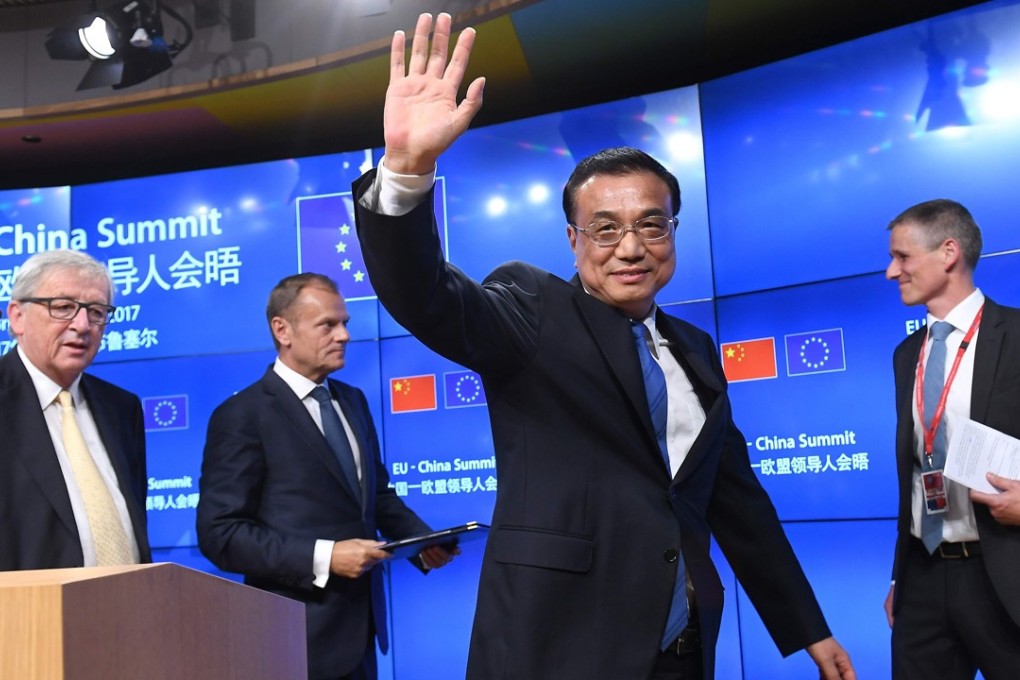
America’s exit from the Paris Agreement should have come as no surprise to most. Many have rightly condemned the decision. Yet, there is also a vocal and supportive minority.
To some of them, the Paris Agreement is a globalist ploy to steal money from the US. Others felt the agreement is unfair as China is a bigger emitter – ignoring the reality that China has a much smaller per capita footprint, and that a large portion of its emissions is outsourced from developed nations like the US.
Thanks to the media frenzy, climate change has received the attention it deserves and needs. However, this points to the larger issue: how we tackle complex environmental problems.
It’s easy to get behind tackling air or water pollution. After all, smog makes us sick, and discoloured water looks filthy. Their solutions, too, mostly rely on regulating industries – whether by raising fuel standards or mandating waste-water treatment.
But what about climate change? Complex problems often give rise to unpopular policies with few short-term personal benefits. Governments still talking about cleaner energies will eventually need to tackle lifestyle changes, like consuming more sustainably or eating less meat. Undoubtedly, we will see a huge pushback from the public, businesses and policymakers.
And yet, these are the dialogues that we must have. The government has long absolved itself of its duties by relying on businesses to self-regulate, and non-governmental organisations and the community to take the lead. By not directly engaging with those most affected by the resulting policies, it has eroded the very trust it needs to regulate effectively. Whether it is in establishing a new regulatory framework, or supporting infrastructure or social norms, the government has a leadership role to play in facilitating the change towards a sustainable society.
